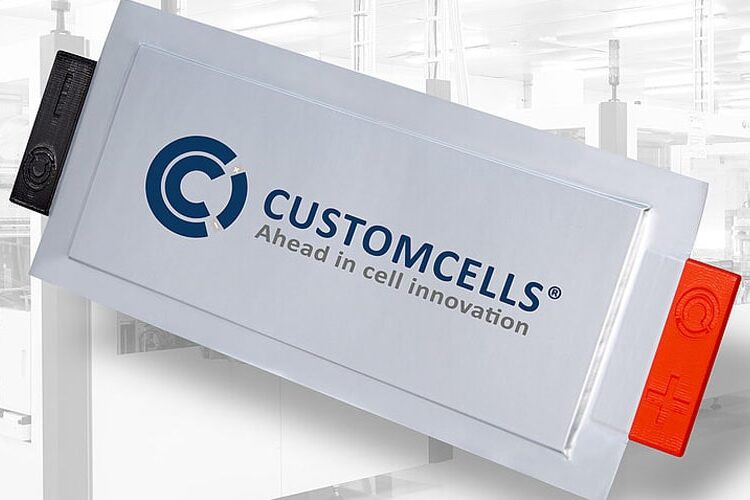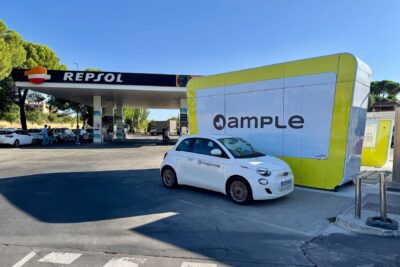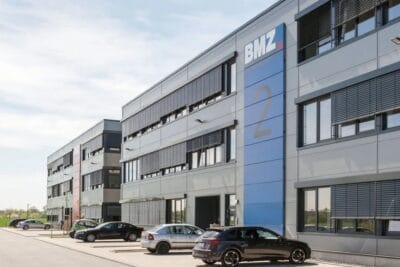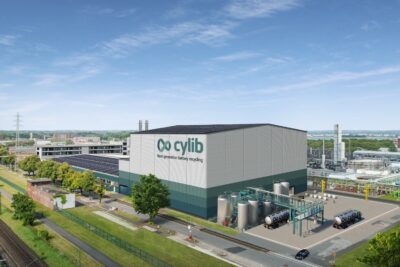Customcells purchases silicon anode material from Group14
The agreement between Group14 and CustomCells is expected to be worth more than 300 million US dollars and will secure an extensive supply of SCC55 beyond 2030, according to the German company. Although Customcells is based in Itzehoe, the deal is also about prospects in the USA: Customcells is planning to build a factory in the USA with a capacity of up to two gigawatt-hours. A US subsidiary was founded in Detroit in March to prepare for market entry there.
The announcement of the agreement does not come as a complete surprise: on the one hand, Group14 announced last week that it had concluded five purchase agreements with customers for the electric car and electric aviation sectors – with today’s confirmation, it is clear that Customcells and its automotive and aviation customers are one of the buyers. Additionally, the two companies have been working together since 2020.
Group14 has developed a silicon-carbon anode material called SCC55. Silicon is used in the anode instead of graphite. As a rule, these are not pure silicon anodes, but an admixture – Group14 also speaks of silicon-carbon, i.e. graphite. The rule of thumb here is that the more silicon is used, the higher the energy density of the battery, but also the higher the possible charging capacity.
Customcells already tested batteries with Group14 material
“We have proven the potential of Group14’s SCC55 and have also made high-performance prototype cells available to our customers, which have been very well received,” said Dirk Abendroth, CEO of Customcells. “CustomCells, as an experienced premium player, knows how to push new materials to their absolute limit. And Group14’s SCC55 opens the doors to the next level of performance.” The current cooperation is intended to secure the German company “access to silicon as an anode material for the next generation of cells and the generation after that”.
The advantages of adding silicon to graphite anodes are well known: The energy density of the battery cell can be significantly increased and shorter charging times are possible. With the higher energy density, the range can either be increased with the same weight or the battery can be designed to be smaller and lighter with the same range.
As Customcells emphasises in the press release, “valuable insights” into silicon-containing battery chemistries have been gained in the almost four years of collaboration – “particularly with regard to processing in the extruder”. In the future, the main aim is to intensify technical dialogue, including with regard to future process technology and cell chemistries. Specifically, a cylindrical cell in the 4695 format is planned with a diameter of 46 millimetres and a length of 95 millimetres. According to Customcells, this cell will “push the boundaries of what is feasible.”
“In collaboration with leading cell developers like CustomCells, Group14 is turning the next generation of silicon batteries into a reality for many automotive and aviation customers who seek transformative, high-performance rechargeable power,” said Rick Luebbe, CEO and co-founder of Group14. “We see rapidly growing demand for Group14’s advanced silicon battery material due to the dramatic performance improvements in energy density and extreme fast-charging rates that can be realized with SCC55.”





1 Comment